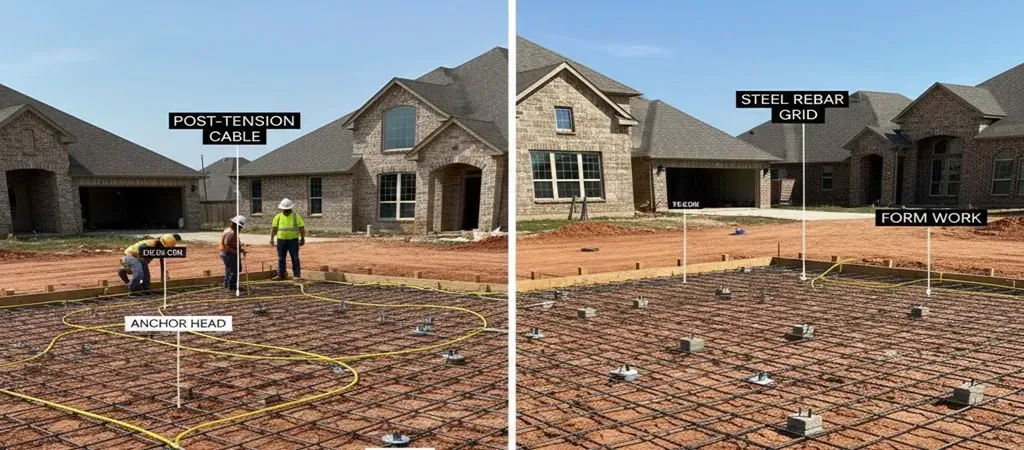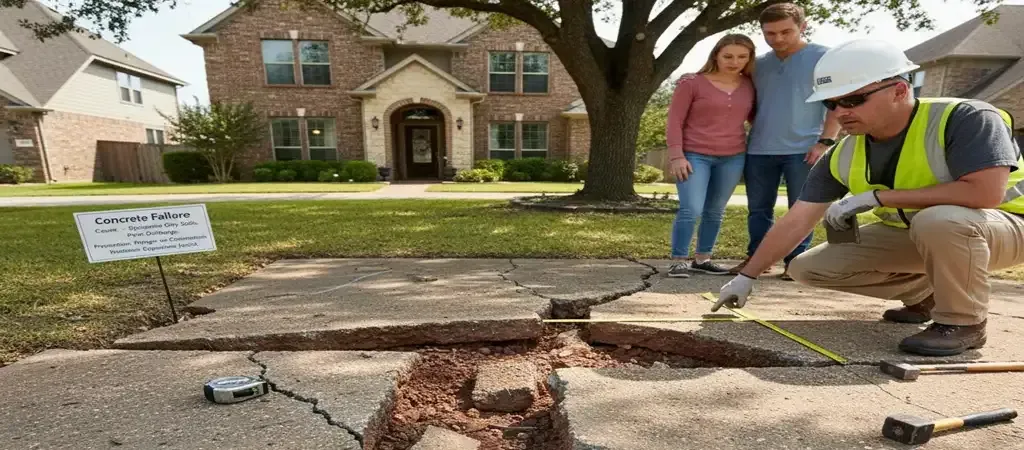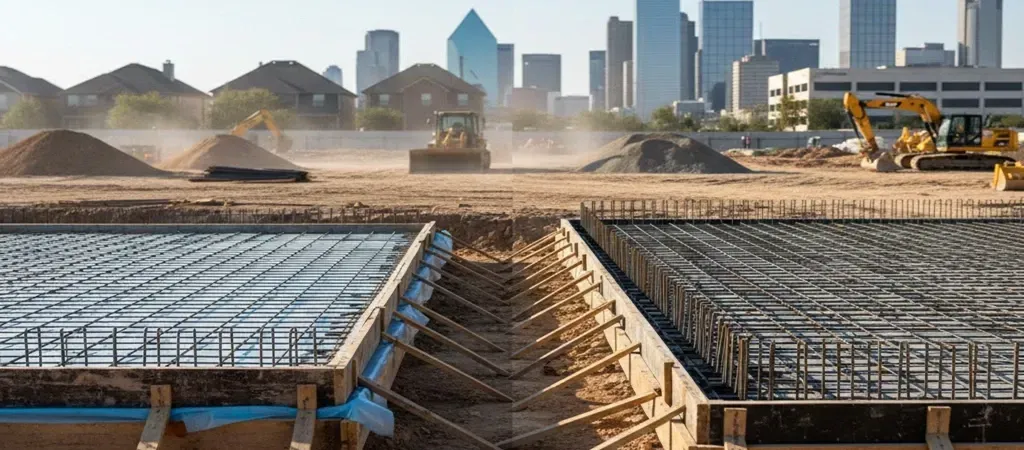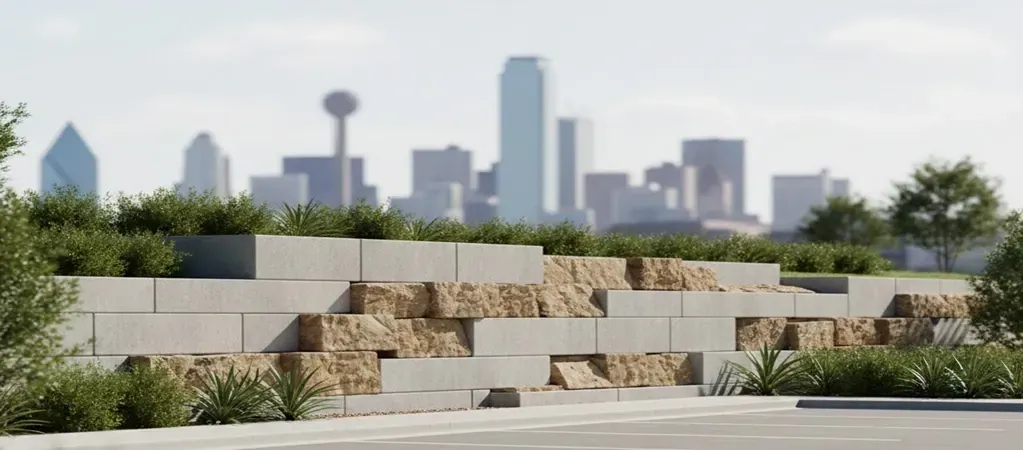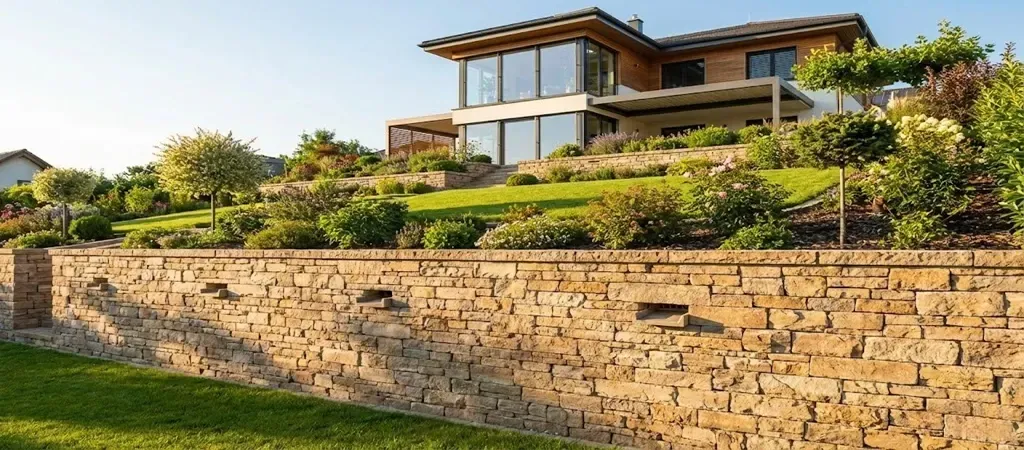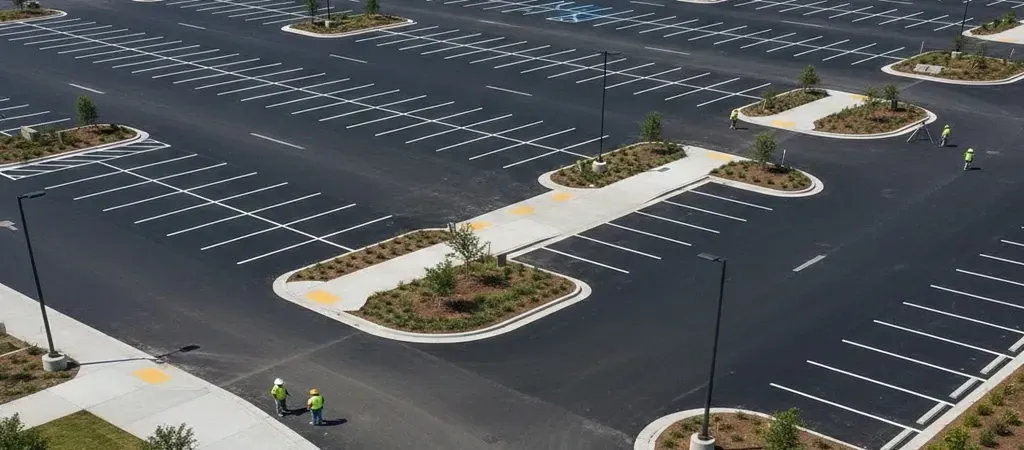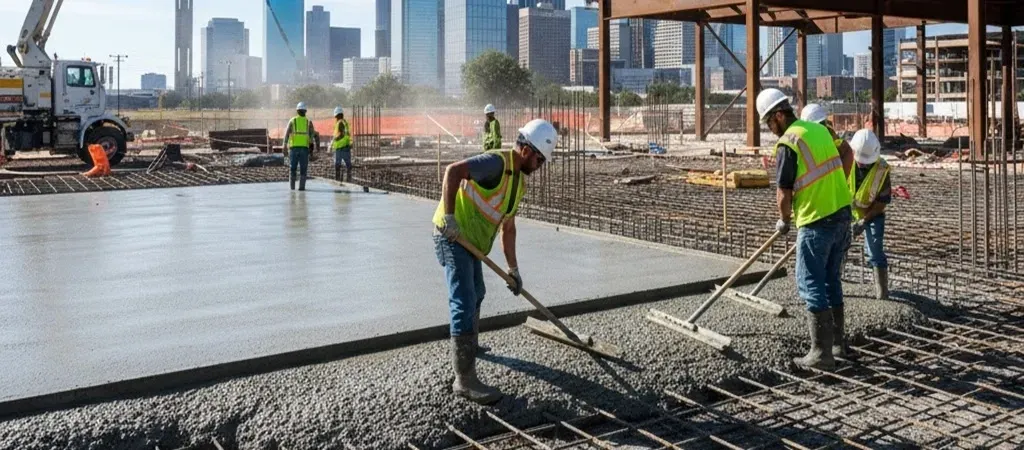Regular Concrete vs. Stamped Concrete & What to Know
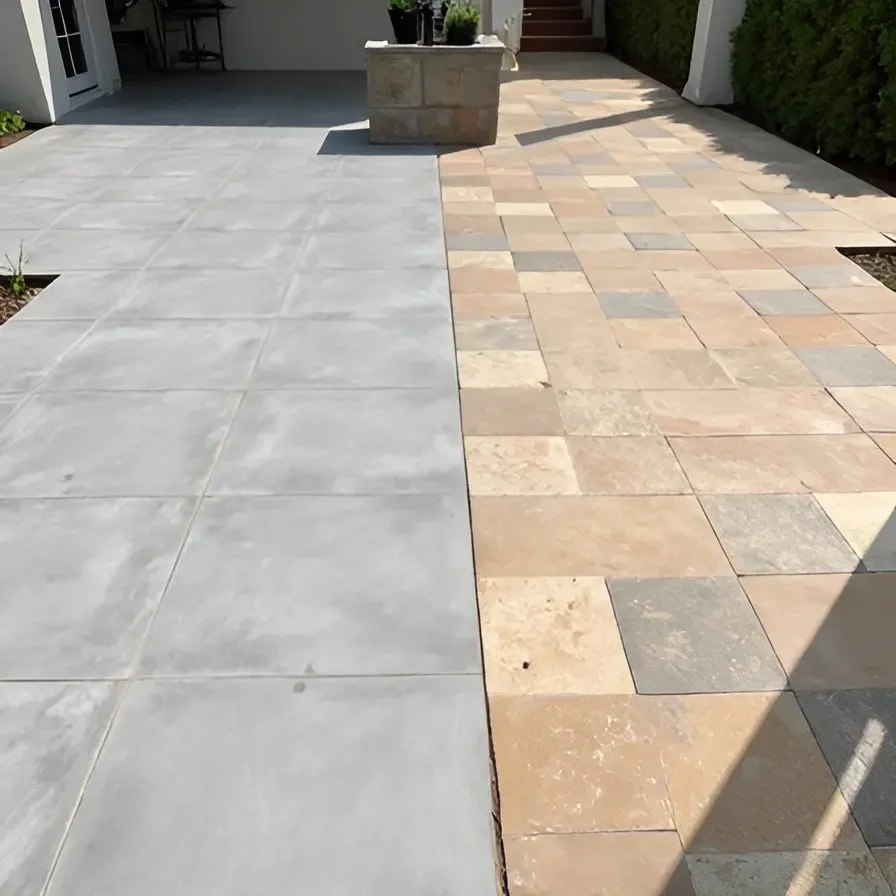
With the usage of ornamental concrete services, you will significantly improve your home's curb appeal and aesthetics. If you want a concrete or even a garage floor, you can enhance the space's aesthetic appeal without sacrificing its usefulness. You may have heard of regular and stamped concrete but aren't sure what the difference is. If you're planning on building a concrete structure, here's what you should know:
Pathway Made From Stamped Concrete
Concrete that has been stamped is a beautiful addition to any concrete surface. The concrete is imprinted with a large stamp before it dries completely, necessitating it to be built in slabs. It can be used as a new surface or added to an existing concrete slab to raise it in some circumstances.
Stamped concrete is widely used in residential and commercial construction due to its versatility. Concrete can be stamped to seem like brick, cobblestone, or tile. A design with less texture is also available for a more subtle aesthetic.
Pathway Made From Regular Concrete
Stamped concrete and regular concrete are both types; however, regular concrete has a more irregular appearance. An essential distinction between plain concrete and regular concrete is how the lines and seams are cut into the concrete. It's common for stamped concrete to integrate the seams into the stamp itself. On the other hand, regular concrete tends to be more erratic than stamped concrete, making it appear unique.
Which is Better Concrete Stamping or Regular Concrete
The easiest method to choose between these two decorative concrete solutions is to look at the many designs and possibilities available from the contractor. There are many different types of concrete work, and it's helpful to examine the finished projects, especially if you can see them in person. You may discover that a particular method is more suited to the region where you plan to improve, so consulting a contractor is a good idea.
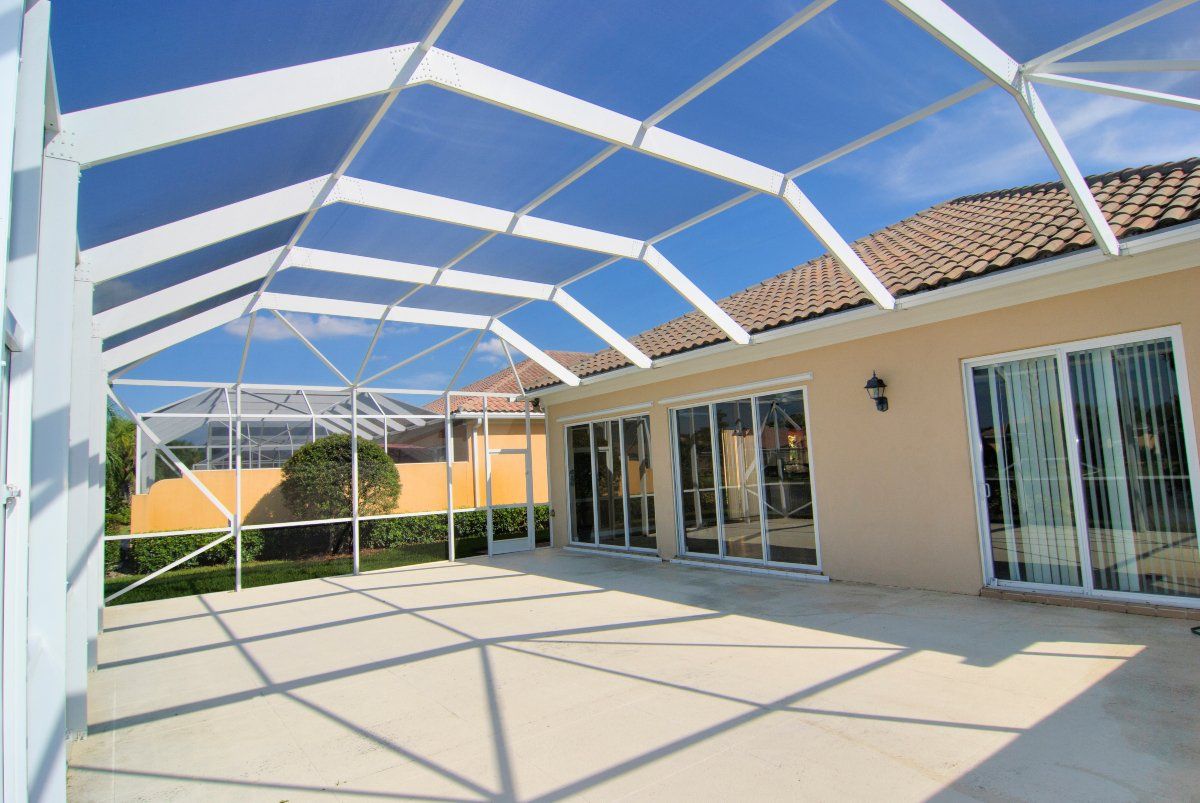
Other Factors to Consider
You may want to look at various decorative concrete possibilities in addition to either stamped or regular. Combining both types of concrete with stained concrete is common. Unlike concrete paint, the stains penetrate the pores of the concrete and add color and depth to the finished product. Using it in specific spots can add flair and create a distinct look. You don't have to worry about a higher upkeep cost when staining concrete. Regular concrete is an alternative to stamped concrete for a flagstone-like effect. To keep their color and repel moisture, they come with a sealer that you may apply in many ways.
Safety
Both designs have drawbacks when it comes to safety. In handicapped accessibility, stamped concrete can be constructed to have a smoother, more equal pattern. Concrete can be slippery when wet unless a sealer with traction is used.
However, regular concrete is more slip-resistant because of its materials and rough design. If you choose a slate texture for your Regular Concrete surface, you'll be able to provide a more slippery surface for wheelchairs.
Upkeep and Repair
When properly maintained, stamped concrete does not demand much time or money in terms of upkeep. Poured concrete is weaker and more prone to cracking and wearing away when subjected to severe loads. Large items of heavy furniture or driveways may not be the most incredible places to put it.
But in the long term, stamped concrete requires more upkeep. Resurfacing or replacing your driveway every 20 to 30 years is the norm for most households.
There is some upkeep required to keep regular concrete in good shape. Sand is frequently used to seal the joints between regular concrete. The tiles will eventually need to be re-sealed because of this.
On the other hand, regular concrete can last for decades without requiring any repairs or upkeep. All it takes is the replacement of a single cracked or soiled tile, which is a quick and straightforward process.
